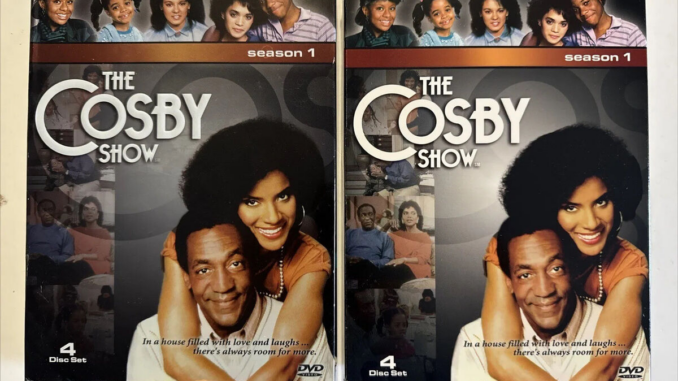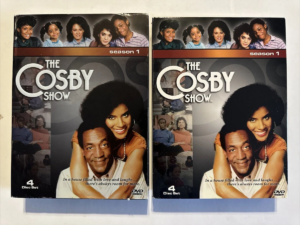
When The Cosby Show first aired on September 20, 1984, no one could have predicted that it would go on to become one of the most significant and influential television series in American history. A comedy about an upper-middle-class African American family, the show shattered stereotypes and changed the way people viewed African Americans on television forever. It also became a pop culture phenomenon and has left an indelible mark on American TV for generations to come. But what made this show so groundbreaking, and why did it continue to hold such cultural significance even years after its final episode aired?
A Family Like No Other
At its core, The Cosby Show was about family—specifically the Huxtables, a well-educated, loving, and prosperous family living in Brooklyn, New York. Bill Cosby portrayed Dr. Heathcliff Huxtable, an obstetrician, married to Claire Huxtable, a successful lawyer played by Phylicia Rashad. Together, they raised five children in a two-parent home where love, discipline, and respect were always in abundance.
But the real power of the show lay in its ability to portray an African American family in a positive light. At the time, African Americans were often depicted in television shows as struggling, impoverished, or involved in crime. The Huxtables, however, were not only financially stable, but they were also loving and nurturing. Their home was filled with laughter, respect, and intellectual discussion—something that had rarely been shown on television before. This portrayal of black families in a sophisticated, upper-middle-class setting challenged preconceived notions of African American life and forced the public to rethink the narrow stereotypes often seen on TV.
Breaking Cultural Barriers
The Cosby Show was not just a sitcom; it was a cultural movement. It helped reshape the landscape of television by introducing new narratives and perspectives. The show was a groundbreaking representation of African American life, and it was revolutionary in its depiction of black professionals. The Huxtables were educated, successful, and balanced—qualities that had often been reserved for white families in previous TV shows. By showcasing a family of intellectuals, The Cosby Show broke the glass ceiling for future African American representation on screen.
Moreover, the series addressed issues such as education, career aspirations, and family dynamics in ways that resonated deeply with viewers of all backgrounds. While the Huxtables’ family life seemed idealized, the show wasn’t afraid to touch on real-world challenges. The episodes dealt with social and political issues—ranging from racism to economic hardships—without ever resorting to preachiness. This balance of comedy and poignant social commentary made The Cosby Show not just entertaining, but educational for a wide range of audiences.
The Lasting Impact on TV and Society
Beyond its cultural relevance, The Cosby Show set a new standard for family sitcoms, influencing many of the shows that followed. The success of The Cosby Show led to a wave of similar shows featuring African American families, such as A Different World (which was a spin-off of The Cosby Show), The Fresh Prince of Bel-Air, and Family Matters. These programs continued to break barriers by highlighting the diverse experiences of African American families in the United States.
However, The Cosby Show did more than just increase representation; it revolutionized the entire approach to television family dynamics. Before the Huxtables, many sitcoms depicted families with a more traditional, and often stereotypical, portrayal of roles. The Huxtables flipped that narrative—both parents were successful professionals, the children were all highly intelligent, and there was no shortage of humor in the home. The show set a precedent that even today continues to influence how families are portrayed on screen.

The Show’s Enduring Legacy
Even years after the show ended in 1992, the legacy of The Cosby Show continues to have an impact. It has left an indelible mark on American television, often cited as one of the greatest TV shows of all time. Its significance extends far beyond its humor or the charm of its ensemble cast; it reshaped the way the media viewed African American families and proved that TV could be both entertaining and culturally impactful.
While Bill Cosby’s personal life and later legal troubles have become a controversial chapter in the show’s history, the cultural importance of The Cosby Show cannot be denied. The show’s influence on the portrayal of African American families in media, and its role in changing the narrative around race, success, and family life in America, remains significant.
As we look back on the series, one thing is clear: The Cosby Show was far more than just a TV show. It was a cultural landmark that changed the way we think about race, family, and the American experience. And even decades after its debut, the show’s impact still resonates in the entertainment world and beyond.
